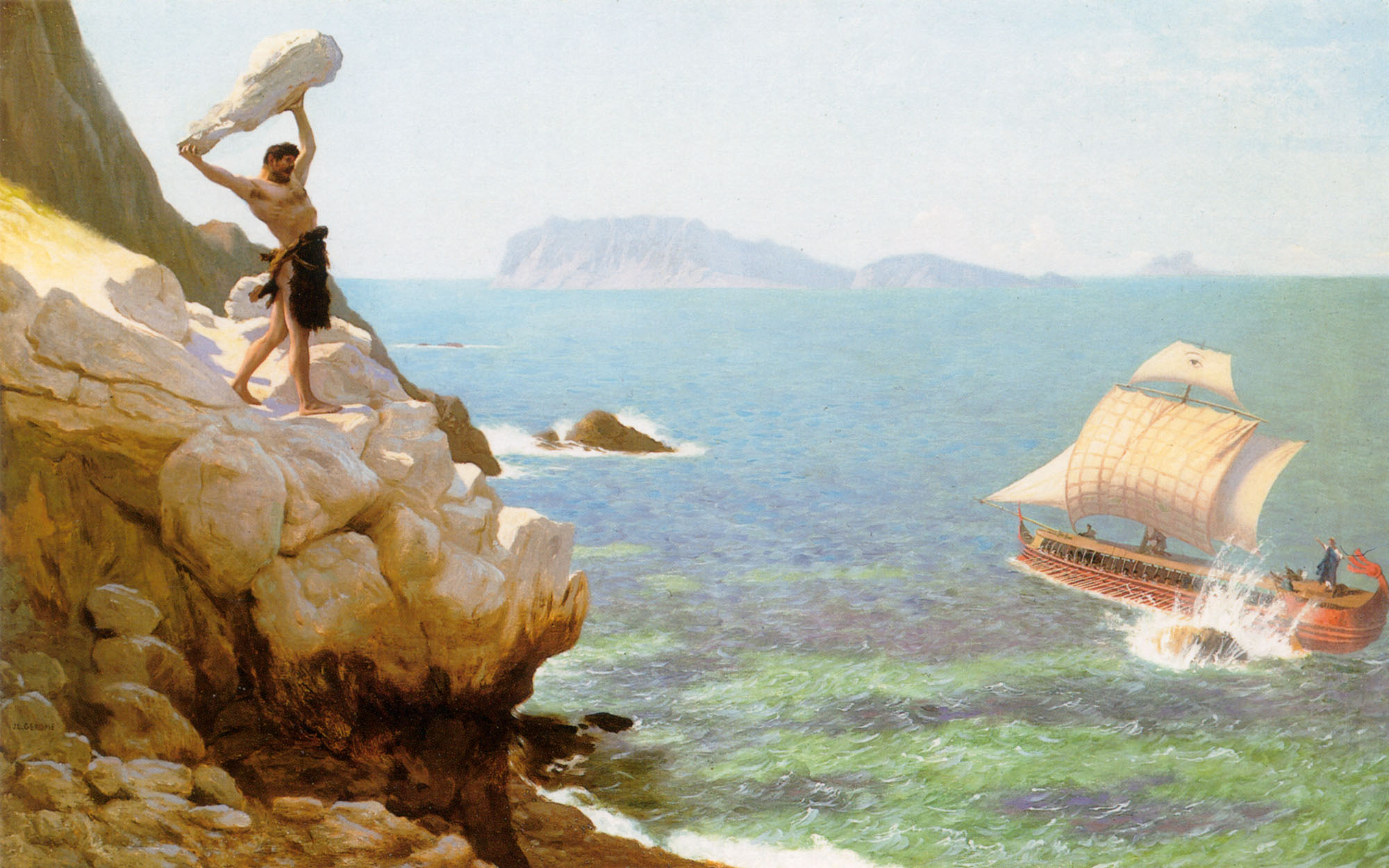At Cunaxa two brothers faced each other in battle. The victor would receive (or retain) the throne of Persia. Cyrus had a shiny army of Hellenic mercenaries and a token force of Asiatic cavalry, his brother, the emperor, had a significantly larger army. Cyrus was a very charismatic person, persuasive and even charming. Being the emperor would suit his lifestyle. One thing he was not was a good commander. Perhaps inpatient, or desperate, he went on to charge with his cavalry against his brother, while his phalanx stayed behind. He came in very close to his brother, but he was chopped to pieces by this bodyguards. With his demise the civil war for the throne of Persia concluded.
While Cyrus was busy dying, his Hellenic mercenaries were busy holding the line against a foe who was four times larger. Did their line crack?
It didn’t.
The phalanx stood still, the battle lasted several hours. Such was the proficiency of the Hellenes that they managed to break their enemies and forced them route. Ignoring the faith of Cyrus, it would look to the Hellenes as if they had managed to win the battle. They waited for Cyrus’s cavalry to come back, thinking he was probably busy chasing the routing enemies. After some hours they wondered why Cyrus wasn’t back. Imagine how they felt when they learned they had managed to win the battle several hours ago yet Cyrus laid dead for longer.

Growing up I had this idea that battles were won by whichever side killed more. However this is not quite the truth, battles are almost universally won by whichever side stands ground. Thus the purpose of a battle is not to kill more, rather to route the enemy. It is the enemies’ route which leads to an increased number of casualties as during an unorderly retreat the victor’s skirmishers will pick on stray troops.
Soldiers understood this, commanders too, this is why there was so much emphasis on holding formations, plugging gaps and in the worst case conduct an orderly retreat that would avoid excessive casualties.
Perhaps none more than Hellenic phalanxes excelled at holding a line. In this regard they displayed one of the most important skills an army must excel at: discipline. While an army must too have formidable technology, combined arms, morale, numbers and many other things, I’d argue discipline held supreme until the advent of modern warfare.
The army of the ten thousand conducted an orderly retreat from Mesopotamia to Trabzon, a feat where they were harassed by enemy troops during most of the trek. Not only enemies, but cold weather, hunger and uncertainty also harassed the retreating army, but that’s probably a story for another day.

